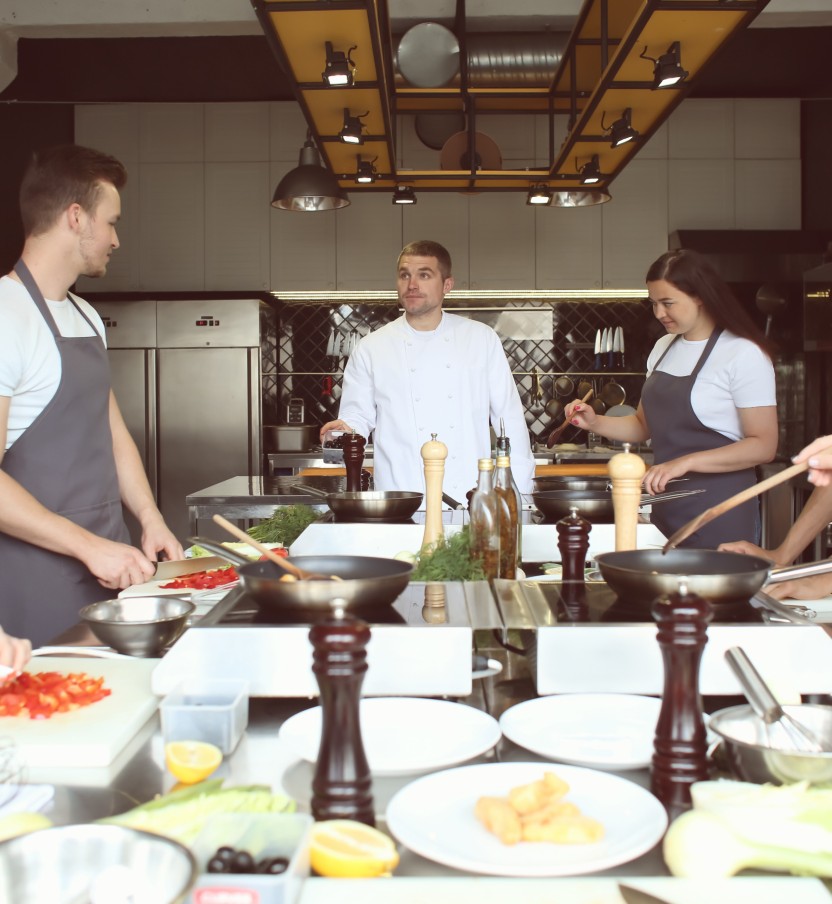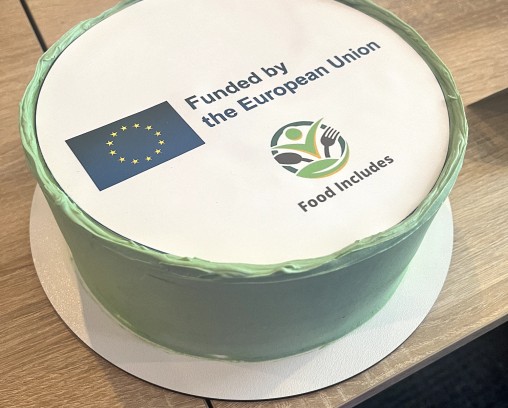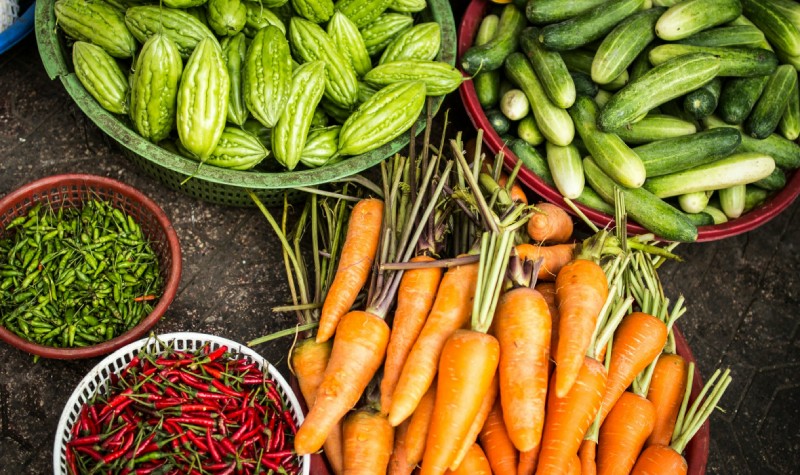



The importance of adult education in helping individuals adjust to a fast-changing society and labour market cannot be understated, particularly for vulnerable populations such as refugees and those affected by the war in Ukraine. Continuing education programmes offer opportunities ranging from boosting literacy and numeracy to gaining professional qualifications.
At the heart of these services is Principle 1 of the European Pillar of Social Rights: “Everyone has the right to quality and inclusive education.” Yet, as the demographics of our communities’ change, many individuals face barriers to education, whether they are cultural, psychological, gender-related, or socioeconomic. Those who could benefit most from adult education are often unaware of, uninterested in, or impeded from participating in the available educational opportunities.



This is why we are enthusiastic about food! Inspired by the concept of using cuisine to boost participation of people in educational courses, and proactive “seeking pedagogies” in adult education, we believe that creating short courses centred around food can help us better reach and engage adult learners, and put them on new pathways to skills development.